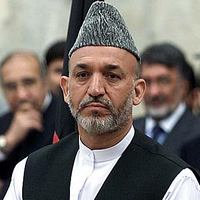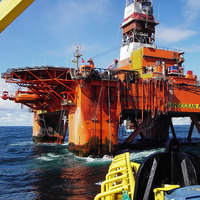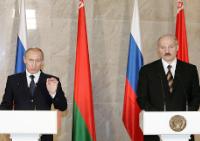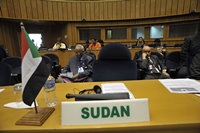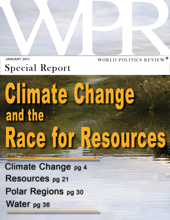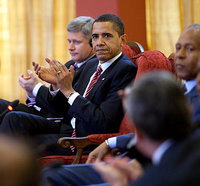
Ian Bremmer and David Gordon, of the Eurasia Group, do not sugar-coat the shape of the new world order emerging in the 21st century. They starkly note: For the first time since the end of World War II, no country or bloc of countries has the political and economic leverage to drive an international agenda. The United States will continue to be the only truly global power, but it increasingly lacks the resources and domestic political capital to act as primary provider of global public goods. There are no ready alternatives to U.S. leadership. They dub this international order “G-zero,” […]


